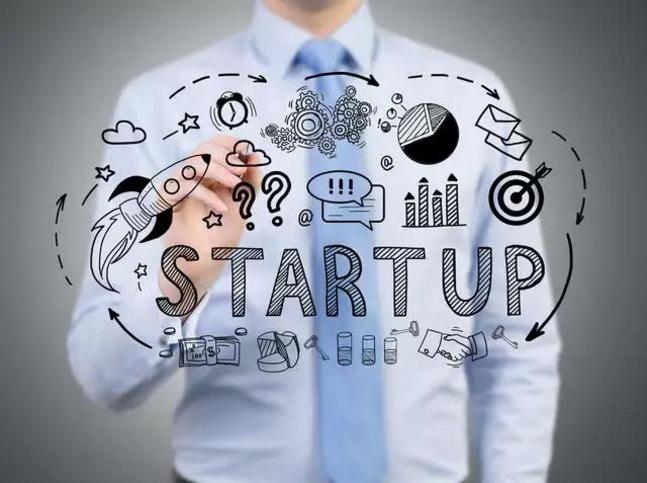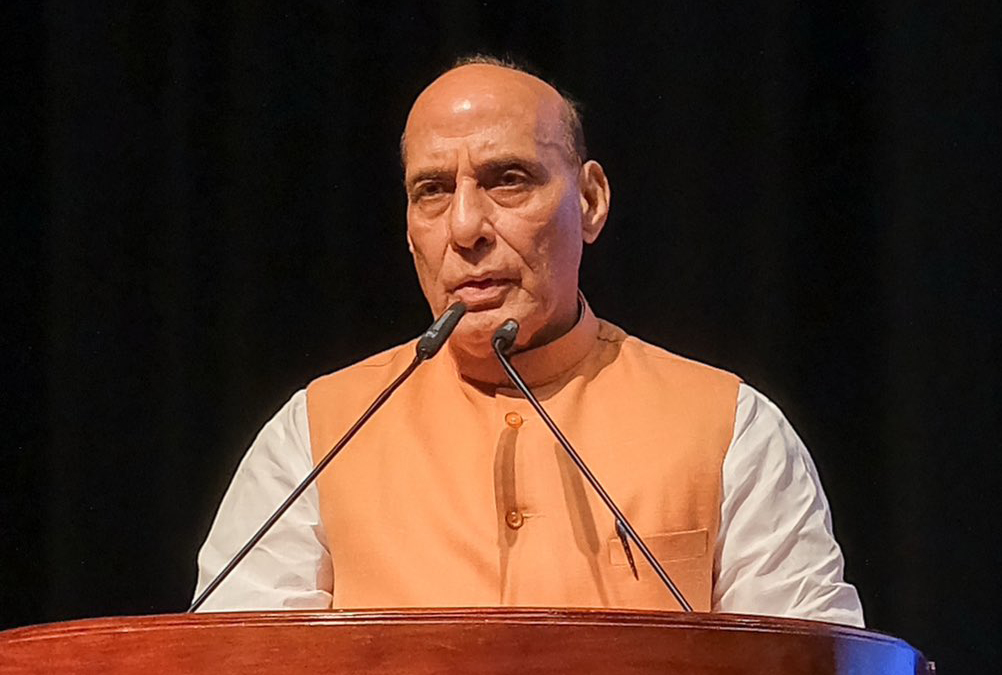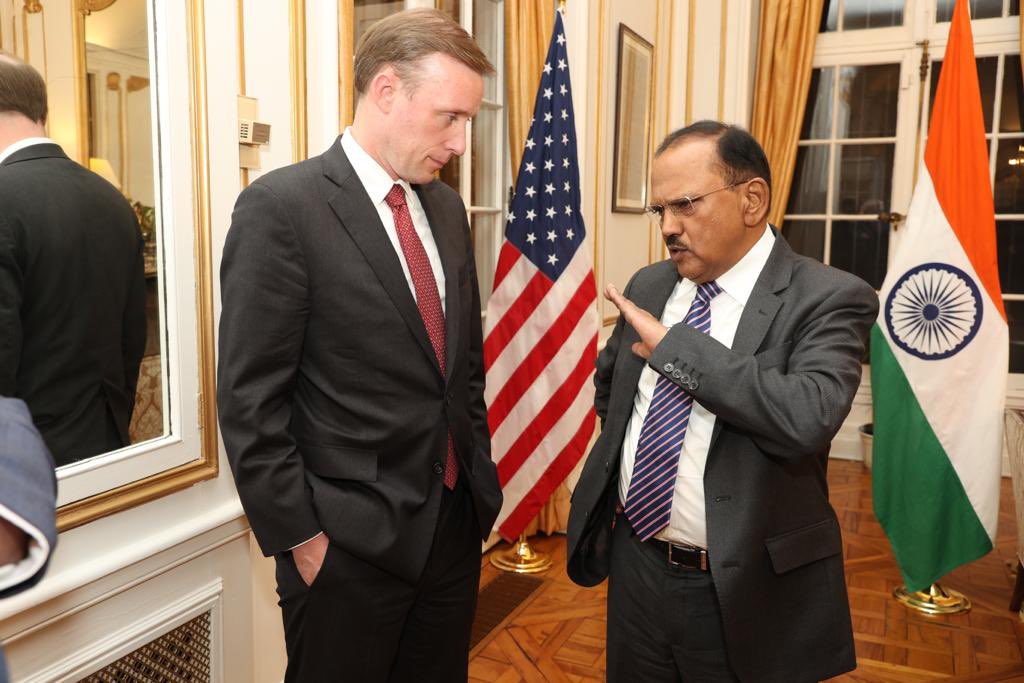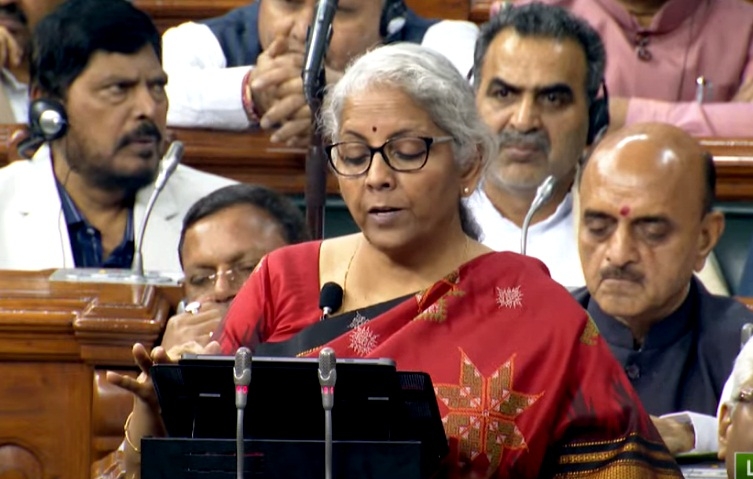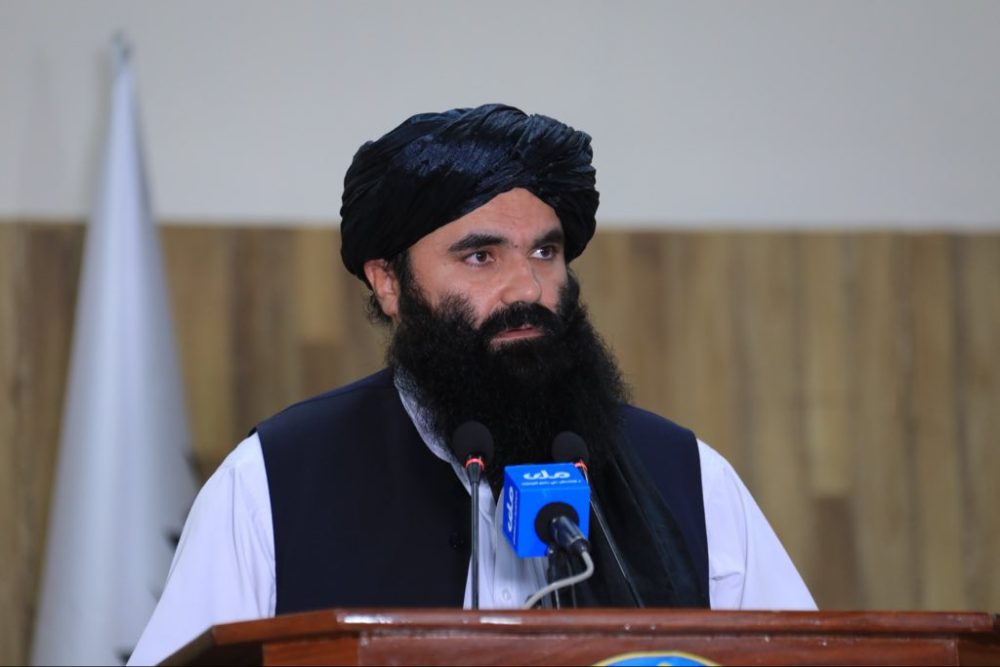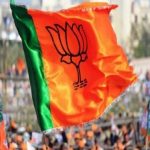The U.S.-India initiative on Critical and Emerging Technology (iCET) meeting was inaugurated by National Security Advisor Ajit Doval and his US counterpart Jake Sullivan…reports Asian Lite News
The United States and India concluded their US-India initiative on Critical and Emerging Technology (iCET) meeting and decided to launch a new “Innovation Bridge”, which will connect both countries’ defence startups.
The U.S.-India initiative on Critical and Emerging Technology (iCET) meeting was inaugurated by National Security Advisor Ajit Doval and his US counterpart Jake Sullivan and was joined from the US side by the Administrator of the National Aeronautics and Space Administration, the Director of the National Science Foundation, the Executive Secretary of the National Space Council, and senior officials from the Department of State, Department of Commerce, the Department of Defence, and the National Security Council.
From the Indian side, the Ambassador of India to the United States, the Principal Scientific Advisor to the Government of India, the Chairman of the Indian Space Research Organisation, the Secretary of the Department of Telecommunications, the Scientific Advisor to the Defence Minister, the Director General of the Defence Research and Development Organization, and senior officials from the Ministry of Electronics and Information Technology and the National Security Council Secretariat participated.
iCET was announced in May 2022 by US President Joe Biden and Prime Minister Narendra Modi to elevate and expand our strategic technology partnership and defence industrial cooperation between the governments, businesses, and academic institutions of our two countries, as per the statement.
“The United States and India affirm that the ways in which technology is designed, developed, governed, and used should be shaped by our shared democratic values and respect for universal human rights. We are committed to fostering an open, accessible, and secure technology ecosystem, based on mutual trust and confidence, that will reinforce our democratic values and democratic institutions,” it read.
According to the statement, in the meeting, the two sides discussed opportunities for greater cooperation in critical and emerging technologies, co-development and coproduction, and ways to deepen connectivity across our innovation ecosystems. They noted the value of establishing “innovation bridges” in key sectors, including through expos, hackathons, and pitch sessions. They also identified the fields of biotechnology, advanced materials, and rare earth processing technology as areas for future cooperation.
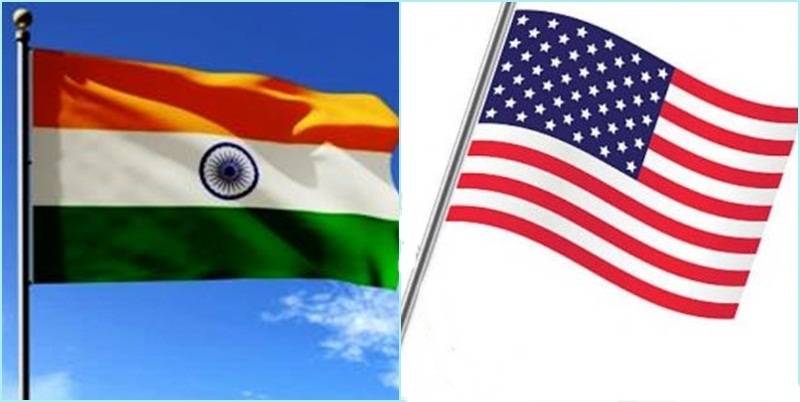
“The United States and India underlined their commitment to working to resolve issues related to regulatory barriers and business and talent mobility in both countries through a standing mechanism under iCET. This followed the January 30 roundtable hosted by the U.S.-India Business Council with US Secretary of Commerce Gina Raimondo, U.S. National Security Advisor Jake Sullivan, and Indian National Security Advisor Ajit Doval, and other senior U.S. and Indian officials and brought together more than 40 CEOs, university presidents, and thought leaders from both countries to accelerate opportunities for increased technology cooperation,” the statement read.
“To expand and deepen our technology partnership, the United States and India are launching new bilateral initiatives and welcoming new cooperation between our governments, industry and academia in the following domains,” it added.
They signed a new Implementation Arrangement for a Research Agency Partnership between the National Science Foundation and Indian science agencies to expand international collaboration in a range of areas — including artificial intelligence, quantum technologies, and advanced wireless — to build a robust innovation ecosystem between our countries.
The next iCET meeting will take place in New Delhi in late 2023.
The National Security Councils of both countries will coordinate with their respective ministries, departments and agencies to work with their counterparts to advance cooperation and to engage with stakeholders to deliver on ambitious objectives ahead of the next meeting. (ANI)


